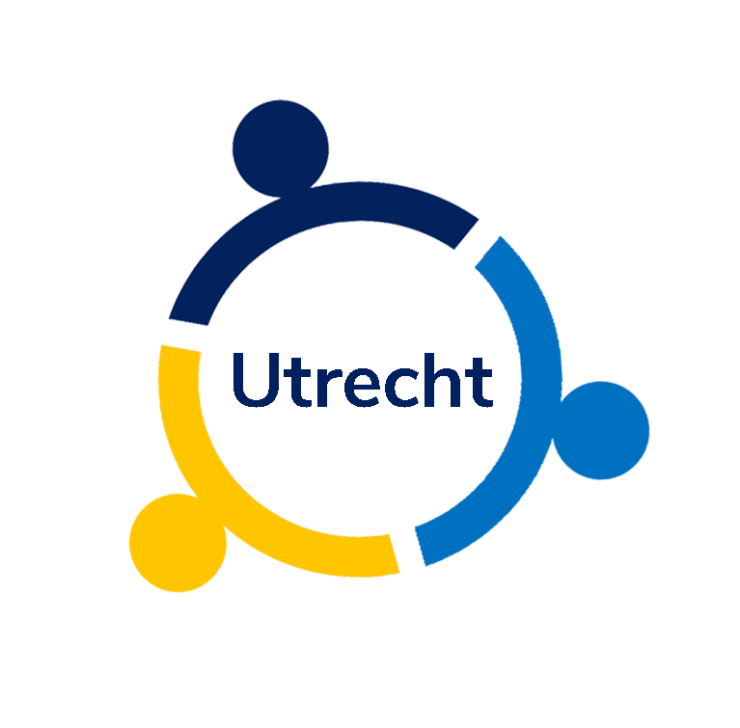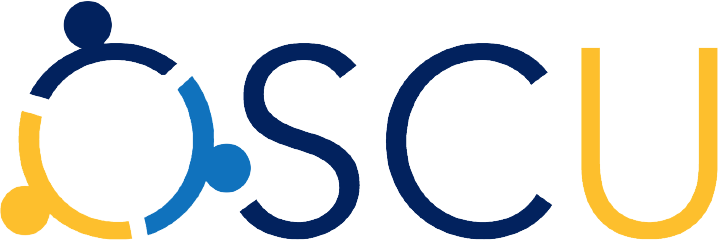News, Blog and Podcast
Manifesto on Open Education: Interview with Sicco de Knecht

Recently, a manifesto on Open Education was published by Sicco de Knecht, Martijn van der Meer, Loek Brinkman, Manon Kluijtmans and Frank Miedema. In this interview, Sicco de Knecht sheds some light for us on how teachers can incorporate Open Science in their teaching, and whether Open Science is only relevant for future academics or also for people outside of academia.
What is Open Science and why is it relevant for students?
“The open science movement is a major transition that aims to better connect science and society. It deals with transparency, openness and reflecting on our role as higher educational and research institutes in society. To me it’s only natural that students are involved in this revolution and that educational programmes reflect the open attitude that comes with opening up science. In a more practical sense this means training students in the open science skillset: finding and accessing publications, managing your dataset and using version control and open platforms for your (analysis) software. But also reflecting on ‘this thing called science’, what is it all about and what are the underlying assumptions and mores in your discipline and how do you feel about them?”
Also for students who will not pursue a career in research?
“Most certainly, it is at least if not more relevant to those who do not pursue a career in research. One of the primary goals of higher education is to train and intellectually challenge the future generation. Whether we end up working at a university or not, at the end of the day we’re all citizens who went through a certain programme that trains academic thinking and skills, shaping our identity. I’d like it if my member of parliament has a thorough understanding of what science can and cannot deliver in terms of answers, I’d love it if the people working in our public institutions are capable of making data and analyses accessible to the public. Why would you not encourage future ‘consumers’ of media to be able to critically assess statements by politicians, companies and institutes on the basis of transparency? With the open science mind- and skillset as a core to any curriculum, we as a society are better prepared for this new century.”
This all sounds very nice, but how to put it to practice? How can teachers make the switch to incorporate OS in their teaching?
“Well, we have to be honest with each other. We first have to recognize not all researchers and teachers at our universities currently practice open science in their daily work, let alone that they would be capable of say teaching a course in data management or incorporating reflexivity on their own discipline in their lessons. Also sharing your educational resources; such as presentations, assignments or even textbooks is not commonplace at al. This is only natural, since these are not aspects to teaching that are in any way required or (equally) recognized across fields. The new system of recognition and rewards should therefore emphasize and evaluate open science in education. We should measure what we value, rather than valuing what we measure.”

